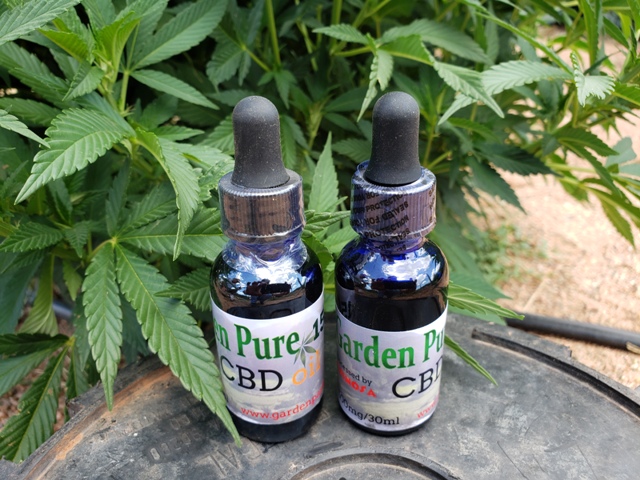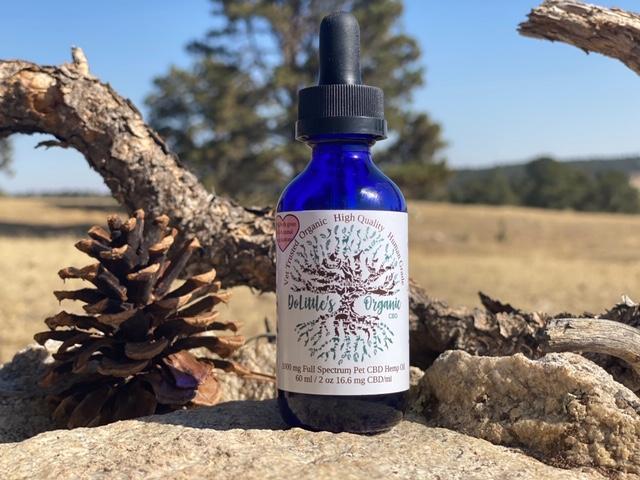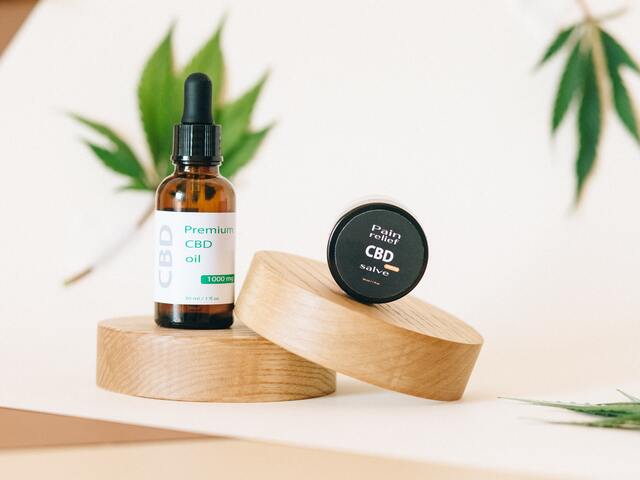CBD or cannabidiol; is one of the compounds of the CBD plant and serves to relieve muscle pain, among other properties, according to a report by specialists in the United States. This has caught the attention of many patients and specialists in neuronal health.
What is CBD and what is its potential in the field of health? What are the risks of its use? In this post, we will try to analyze the benefits and risks of cannabidiol, as it is also known.
What is CBD or Cannabidiol?
Formula: C21H30O2
Legal status: depending on the legislation of the country
Water solubility: ethanol, formamide mg/mL (20 °C)
Mole Weight: 314.4636
ChemSpider: 24593618
Melting point: 66 °C (151 °F)
The hemp plant contains a chemical that when extracted has been found to contribute to the health of patients suffering from seizures. This substance is known as CBD. Of course, there is a lot of variety in the hemp sativa plant from which little more than 100 chemicals can be extracted.
It should be noted that hemp sativa is known as CBD. However, specialists have said that the substance extracted from hemp contains small doses of tetrahydrocannabinol (THC). Therefore, it does not cause the adverse effects of regular CBD consumption. That is, it does not cause the effects of euphoria, well-being, or addiction.
Hemp plants with high THC levels are harmful drugs to the nervous system. On the other hand, those with low concentrations of tetrahydrocannabinol are useful in the field of health and are called CBD.
Currently, this substance is offered in pharmacies in oil formulation. Of course, other formulations such as creams (KERNNABIS CBD CREAM 100ML), vaporized liquid, and oil-based capsules (KERNNABIS CAPSULES) are also available.

What is CBD used for, is it safe to take CBD?
You have to be very careful where you get this type of medicine. In fact, the Food and Drug Administration (FDA) approved cannabidiol as a treatment for patients with seizures (Lennox-Gastaut and Dravet syndrome). But, as expected, the use of CBD should be done under strict medical supervision.
On the other hand, it is not recommended to make homemade preparations with cannabidiol, especially to take it as a medicine. The indiscriminate use of this plant, as well as a “home extraction” does not guarantee the patient’s safety.
Benefits and properties of CBD
The FDA is approving clinical trials that allow the development of drugs based on some CBD ingredients. Of course, this does not indicate that smoking CBD is positive for health.
In fact, the CDC (Centers for Disease Control and Prevention) warns about the terrible effects of CBD use, highlighting addiction and severe effects on the brain.
The studies that have been carried out show that CBD does not give the sensation of being high. The drug development programs allow the discovery of effective treatments in patients who lack relief treatments for their pathology.
Here are some of the benefits of CBD and its potential in treating other diseases.
What diseases does CBD treat?
CBD can help relieve symptoms of many conditions, including anxiety, chronic pain, depression, insomnia, chronic fatigue syndrome, attention deficit hyperactivity disorder, Tourette’s syndrome, autism, epilepsy, Parkinson’s disease, and multiple sclerosis. Additional studies are underway to examine whether CBD may be useful in treating other medical disorders.
It serves as a treatment for Dravet syndrome.
This disorder is genetic in origin, so it usually develops from childhood. In this pathology, the patient may experience fever and seizures, caused precisely by the high temperature. Over time, the symptoms may worsen until status epilepticus develops.
Well, according to some clinical trials, it has been corroborated that while this syndrome reduces the quality of life of patients, the use of CBD offers relief. This was indicated by Billy Dunn, director of the Division of Neurology Products of the FDA’s Center for Drug Evaluation and Research when you visit this site.





